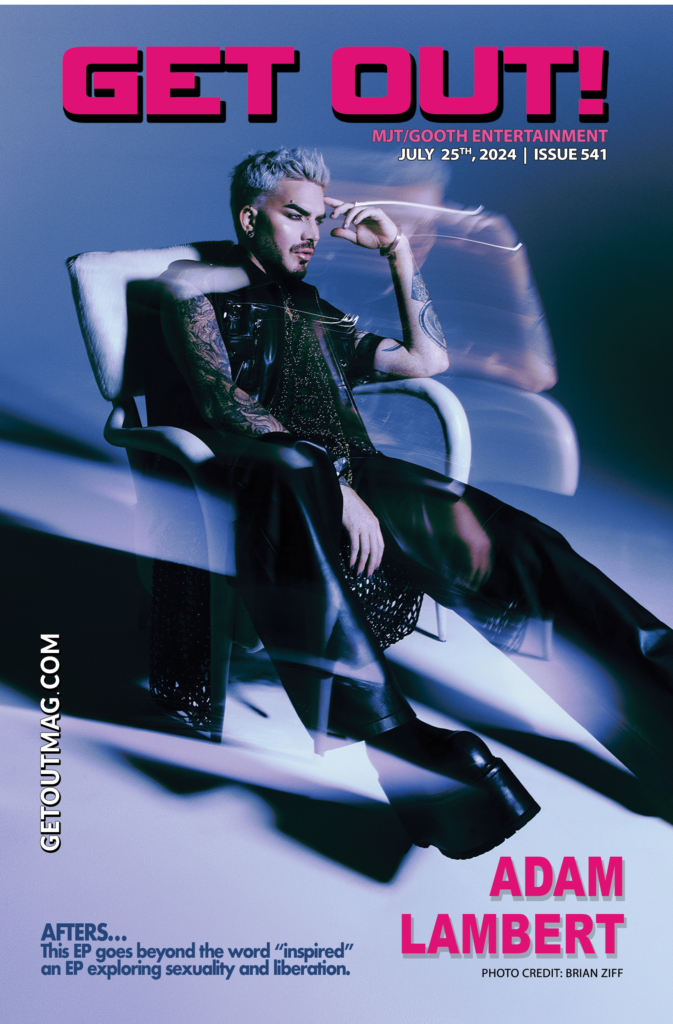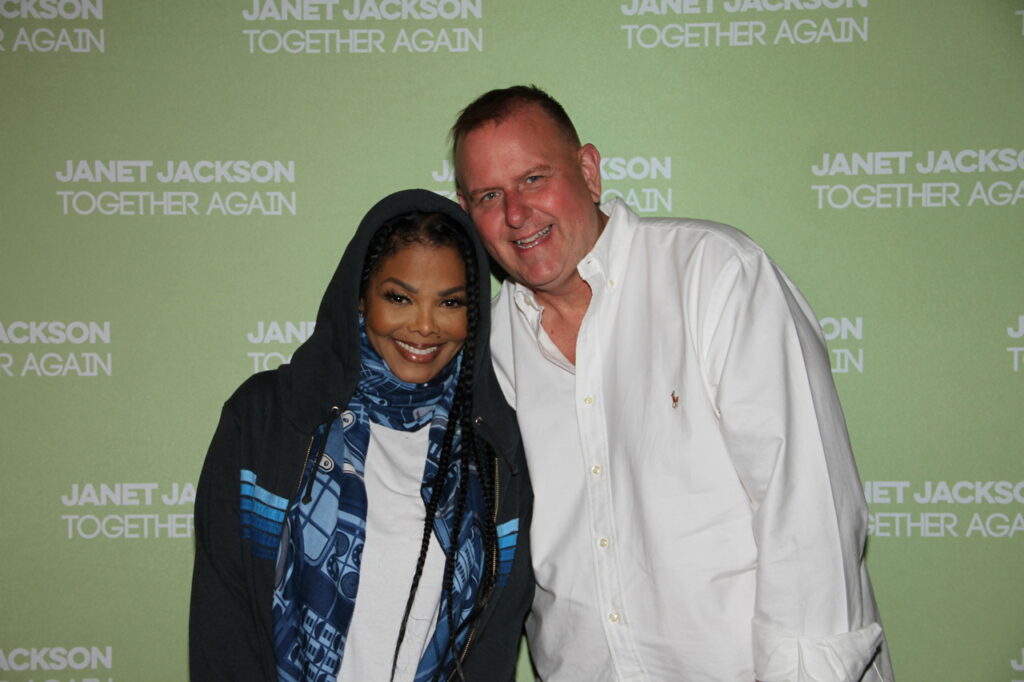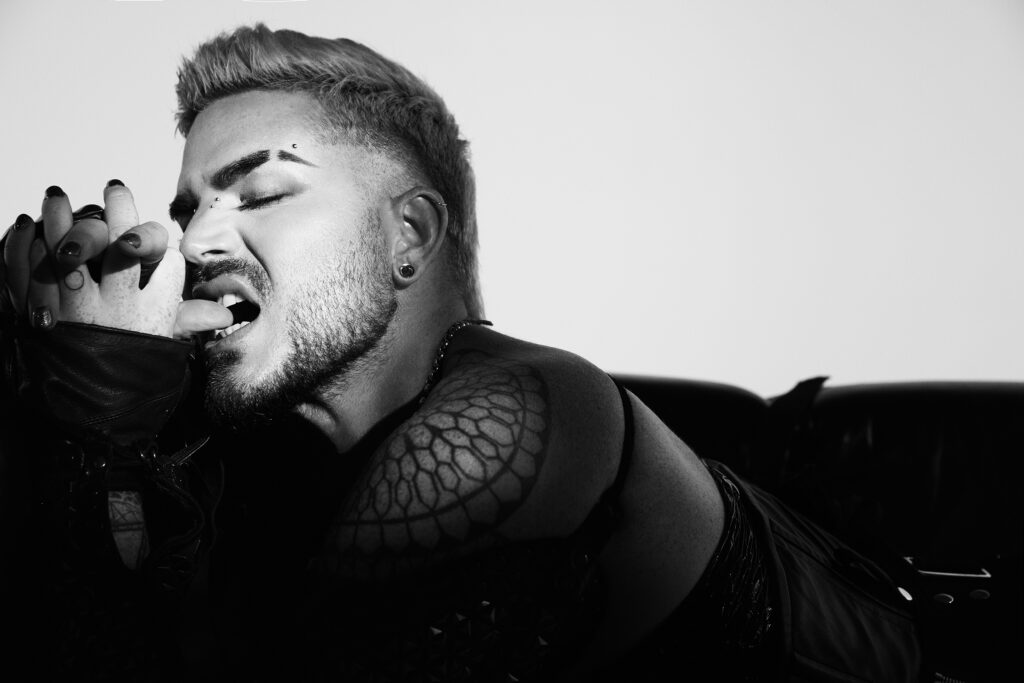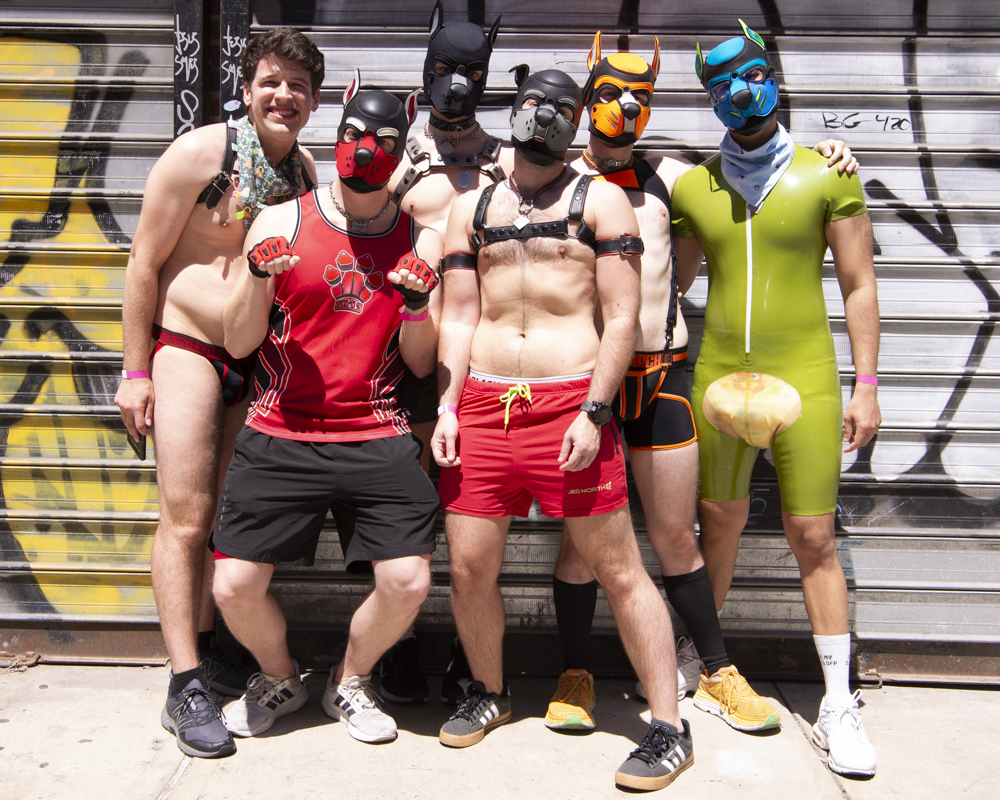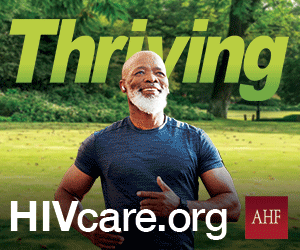A Simple Summer – A collection of essays from quarantine
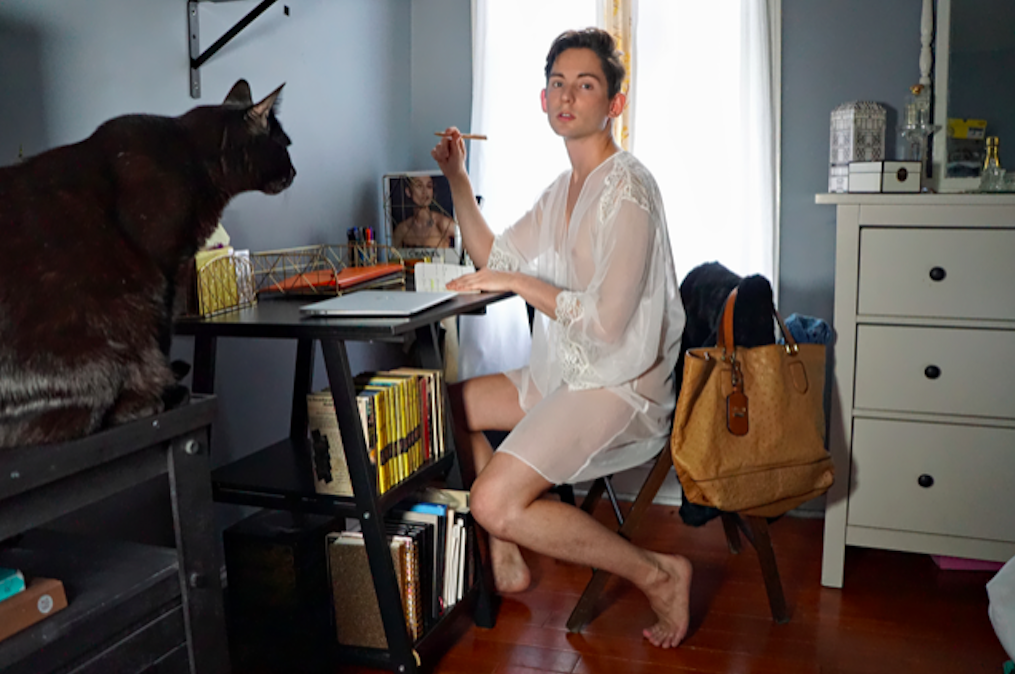
In the beginning of April, two weeks after being temporarily let go from my job due to Covid-19, I became ill.
I didn’t have chest pain or shortness of breath, the telltale signs of Covid-19, but I was coughing, congested, had body aches, had a fever over 102, and (the worst of it) had constant headaches.
Several times a year I get migraines, the kind where your head pounds, you feel nauseous, you can barely see. I take two Advil and two Tylenol, put a bag of frozen corn cornels over my eyes, and am typically better by the following morning.
My mother used to get the worst migraines when I was young—they could last for days, and often left her immobilized. She would call to me to change out her frozen bag of corn for a fresh one (yes, I got that trick from her), and I would do my best to take care of her until she was better.
There’s no big reveal to this piece, by the way. I was sick for eight days, headaches constantly bordering on migraine but never quite getting there, and doctors didn’t let me to come in to get tested because I didn’t have chest pain or shortness of breath. I just spent eight days in bed, in constant pain, watching The Golden Girls with our two cats and praying for it all to be over.
The last time I was this sick was my freshman year of college, when I contracted H1N1 (also known as the Swine Flu). In 2009 I went to the emergency room in Cedar Rapids, Iowa with muscle pain, dry cough, fever, and chills. They told me it was a common cold, gave me no medication, and sent me back to the dorms.
Trusting my gut, I took that Friday off of classes and drove two hours to my mother’s house in Knoxville, Iowa. When I arrived, I was so ill that I had to call my mom from the car to come and get me.
She helped me into her car and we drove to my childhood doctor, who quickly confirmed I had H1N1–but there were no treatments. She sent me home to rest and told us to go to the emergency room if my fever spiked.
By nighttime I was, for lack of a better word, fucked. My fever was above 104: I was delirious and in pain. I wouldn’t get out of bed and fought when my mom tried to help me up. I screamed that the doctors wouldn’t help me. I was convinced I would die on the way to the hospital if I had to get out of bed.
She stayed up all night with me: she put three damp towels on me, one on my forehead, one on my chest/stomach, and one on my legs. One at a time, all night long, she rinsed one towel at a time with cold water from the bathroom: by the time she got back to a towel to change it, it was warm to the touch.
I’m convinced that my mother saved my life that night. Alone in my dorm room, I don’t know how high my fever would have gotten, and I know I wouldn’t have been able to take care of myself. I thought again about my childhood, about the bags of corn I’d switch out for her.
We all have to take care of each other.
During my eight days of headaches et cetera, the quarantine felt like regular sick days. But I wouldn’t be returning to work, I wouldn’t be emailing accounting for sick pay. A part of me felt like everything would return to normal after getting better: I guess that was foolish. When I was fully better, I’d been in quarantine for a full month. It was time to race reality.
I called my grandmother the day after feeling better. “It doesn’t feel real,” I told her, something I’d been repeating like a mantra.
“I’ve never seen anything like it,” she told me. “I remember war times, I remember rationing, but nothing like this.”
So I could finally get out of bed in the morning—but, still in quarantine, I could only go as far as the couch in the living room and the grocery store once every other week. I had a lot of time to think, and started wondering: What if quarantine happened earlier in my life?
In terms of timing, I was in a good place for COVID-19 to hit. I had a little bit of money saved up, I lived in a great apartment with my boyfriend and two roommates we loved, and I was surrounded by books, movies and clothes I’d amassed over the last eight years in New York.
What if it had happened just before I moved to New York, the summer of 2012? Surely I wouldn’t have made the move in such an uncertain time, and if I didn’t move then, would I have made the move later? What if it hit my first year here, when I was making $10 an hour and barely paying rent?
What if it happened while I was single, with no one to spend my days with, feeling no physical touch for months?
I suppose I’ll never know, and it’s probably best that way.
With my newfound clean bill of health, I started reaching out to friends and family, people I hadn’t spoken to in years, people I’m lucky to see pop up on my Facebook timeline several times a year. We talk about quarantine and how we’re coping; we talk about the things we miss the most and are most excited to go back to; we reminisce about times when we were together. I try to check in and make sure the people who have been in my life, past and present, are doing as well as can be expected.
We all have to take care of each other.

